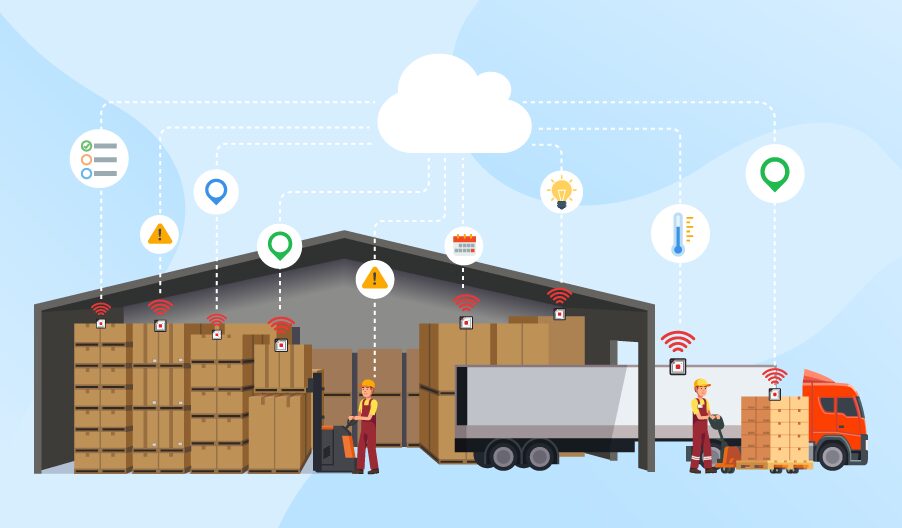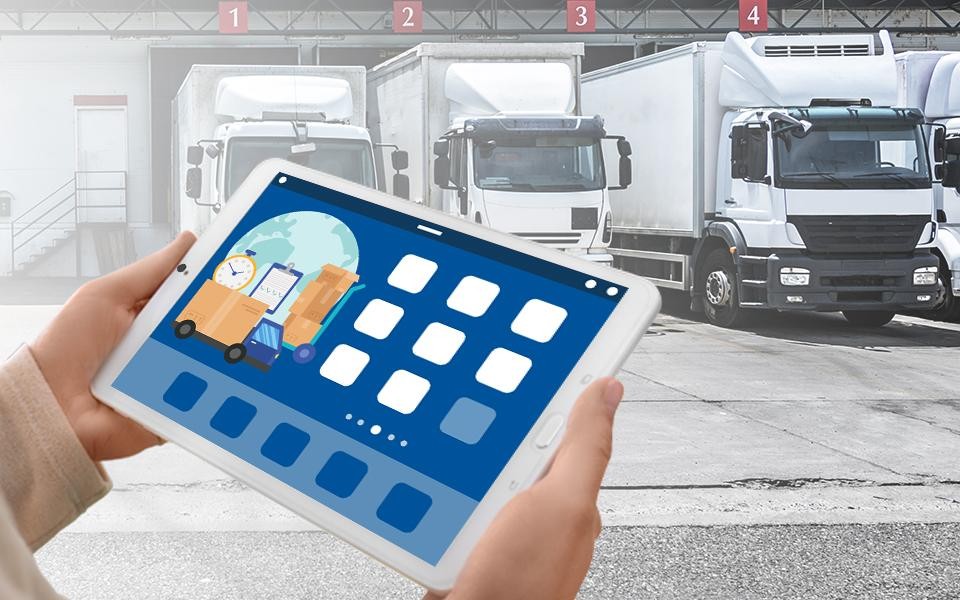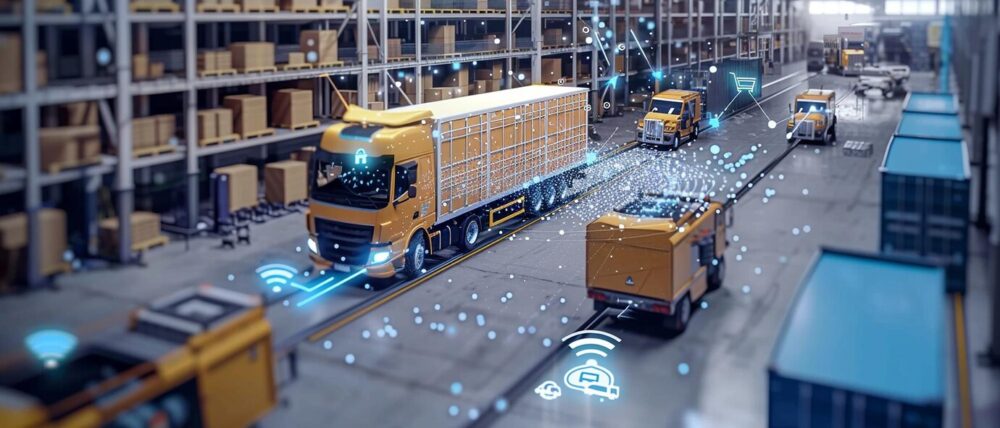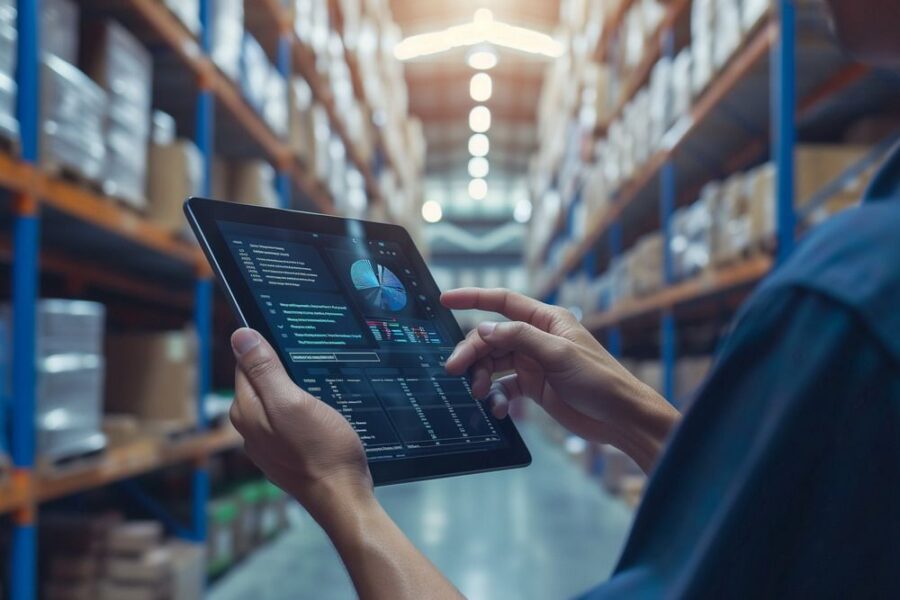How IoT Solutions are Changing the Landscape of Supply Chain Management
Supply chain management is essential for businesses to deliver products efficiently and satisfy customers. In recent years, the Internet of Things (IoT) has significantly transformed this field, making operations more transparent, faster, and more cost-effective.
Understanding IoT in Supply Chain Management

IoT involves connecting physical objects, like machines, vehicles, and goods, to the internet to collect and exchange data. In supply chain management, this means having a network of items that can communicate with each other and with management systems to provide real-time data on their status and location.
Enhanced Tracking and Visibility
- Real-Time Data on Goods: One of the biggest advantages of IoT in supply chain management is the ability to track products in real time as they move from one location to another. Sensors attached to products or containers send updates about things like their location, temperature, and condition. This is particularly important for items that are sensitive to environmental conditions, like food or pharmaceuticals.
- Improved Asset Management: IoT devices help manage assets more effectively by monitoring the condition and performance of machinery and vehicles in the supply chain. This data helps predict when a piece of equipment might fail and needs maintenance, reducing downtime and increasing productivity.
Inventory Management and Optimization
- Automated Inventory Updates: IoT systems automate inventory management by updating data in real-time as goods are moved and sold. This reduces the chances of over- or under-stocking, which can be costly for businesses.
- Space Optimization: IoT sensors help optimize warehouse space by tracking how goods are stored and suggesting more efficient ways to organize them. This not only saves space but also makes retrieving items faster and reduces labor costs.
Improved Efficiency and Cost Reduction

Source: linkedin.com
- Route Optimization: IoT devices collect data on traffic patterns, weather conditions, and vehicle performance to suggest the most efficient routes for delivery trucks. This saves time and reduces fuel consumption and wear and tear on vehicles.
- Reduced Waste: With better tracking and management of goods, companies significantly reduce the amount of waste produced. For perishable goods, IoT enables precise control over storage conditions, which greatly reduces spoilage.
Enhancing Security and Compliance
- Tamper Detection: IoT sensors detect and alert managers to unauthorized access or tampering with goods. This is crucial for high-value items or hazardous materials.
- Regulatory Compliance: Many industries have strict regulations on how certain products must be handled and transported. IoT helps ensure compliance by providing accurate logs of how goods are stored and transported, which is essential during inspections.
The Role of Supply Chain IoT

Source: freepik.com
Supply chain IoT integrates these technologies to create a seamless flow of information, enhancing every aspect of supply chain operations. The experts over at Blues Wireless say that by connecting every element of the supply chain, businesses gain unprecedented control and visibility over their operations. This ultimately leads to smarter decisions and more agile responses to market changes.
The Future of IoT in Supply Chain Management
The future of IoT in supply chain management looks promising, with continuous advancements in technology leading to even greater capabilities. We expect artificial intelligence and machine learning to play a significant role in analyzing the huge amounts of data generated by IoT devices, which will lead to even more precise decision-making and efficiency improvements.
Conclusion
IoT solutions have already started to transform supply chain management, and their impact will only grow stronger. Enhancing visibility, improving efficiency, and ensuring security means IoT technologies are helping businesses optimize their operations and meet the increasing demands of today’s markets. As companies continue to adopt these technologies, the supply chain of tomorrow will become more connected, intelligent, and responsive than ever before.



















